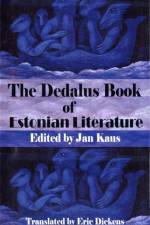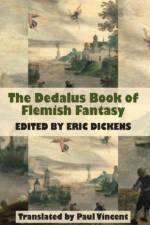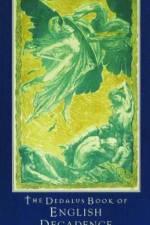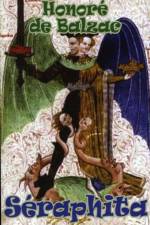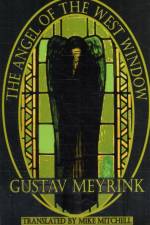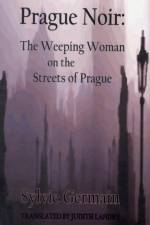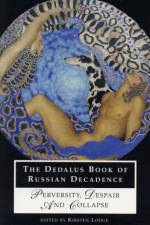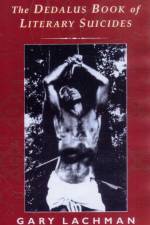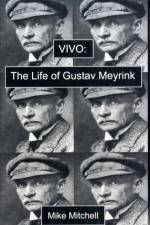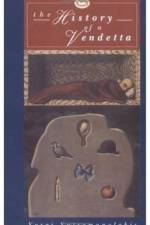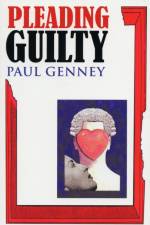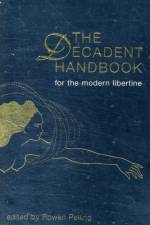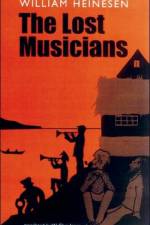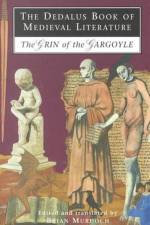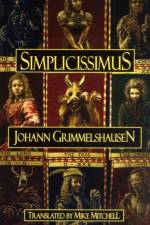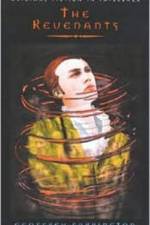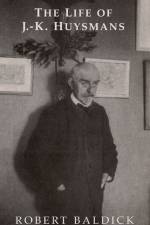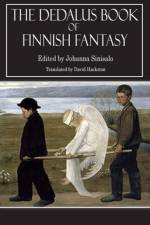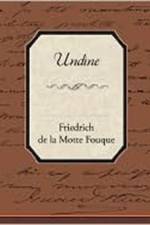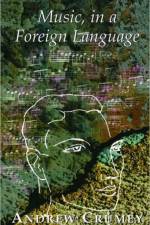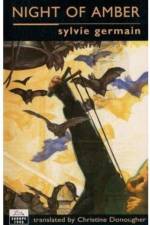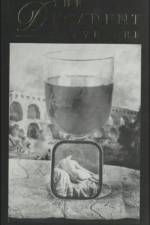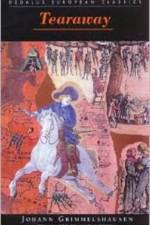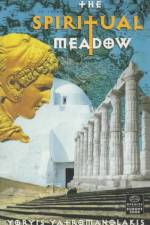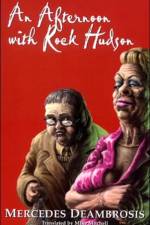av Mercedes Deambrosis
115
An accidental meeting between two old acquaintances turns into a long evening of bitter, drunken humiliations for both. In her second novel, Deambrosis (Milagrosa, 2002), a French author of Greek and Spanish descent, offers a brief, almost parable-like tale that's bent on exposing the arrogance that accompanies success and the neuroses that pollute a life full of failures. Dorita and Carmen knew each other in high school, but when they accidentally meet again on a winter's day outside a bustling Spanish department store, they're 50-somethings who've settled into very different lifestyles: Carmen is a mousy, timid schoolteacher caring for her sister's family instead of starting one of her own, while Dorita married up, to a cardiologist, and enjoys a ladies-who-lunch lifestyle of nice clothes and shiny jewelry. Dorita's proud enough-and insecure enough-to tell anybody who'll listen just how fortunate she is, and soon after the two decide to go out for drinks, Dorita turns Carmen into her punching bag, criticizing Carmen's beverage choices, her coat, her purse, even the handkerchief she uses to clean her glasses. Dorita becomes only more verbally abusive as the night drunkenly drags on, which of course only reveals the depths of her neediness; by the time Dorita attempts to seduce a young man in a dive bar, she's a thoroughly grotesque, hollowed-out creature. The familiar, hackneyed version of a story with two characters like these would end with Dorita's comeuppance and Carmen's sudden acquisition of a backbone. But Deambrosis resists the impulse to fall into cliches; though Dorita's actions are contemptible, she's not entirely wrong about Carmen, and as we learn more about Carmen's history (including a long-kept secret relating to the title of the book), she becomes as pitiable as she is goodhearted. Though it's a relatively unambitious novel-more like a one-act play than a full-bodied narrative-it accomplishes quite a bit within its limited boundaries. Slim but potent. (Kirkus Reviews)

